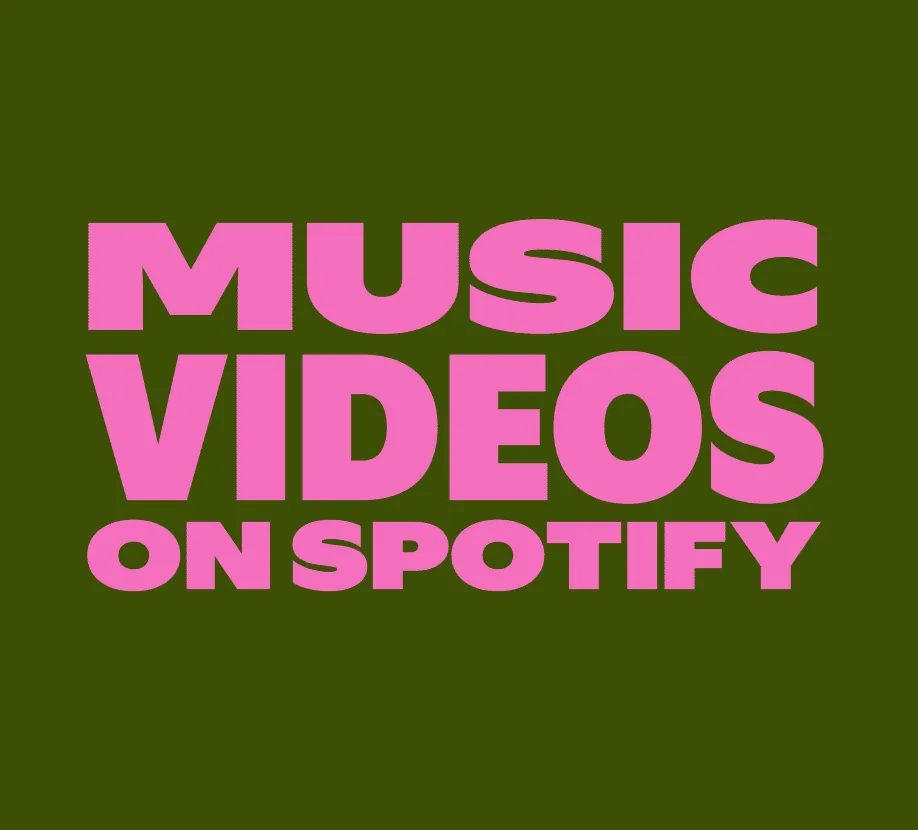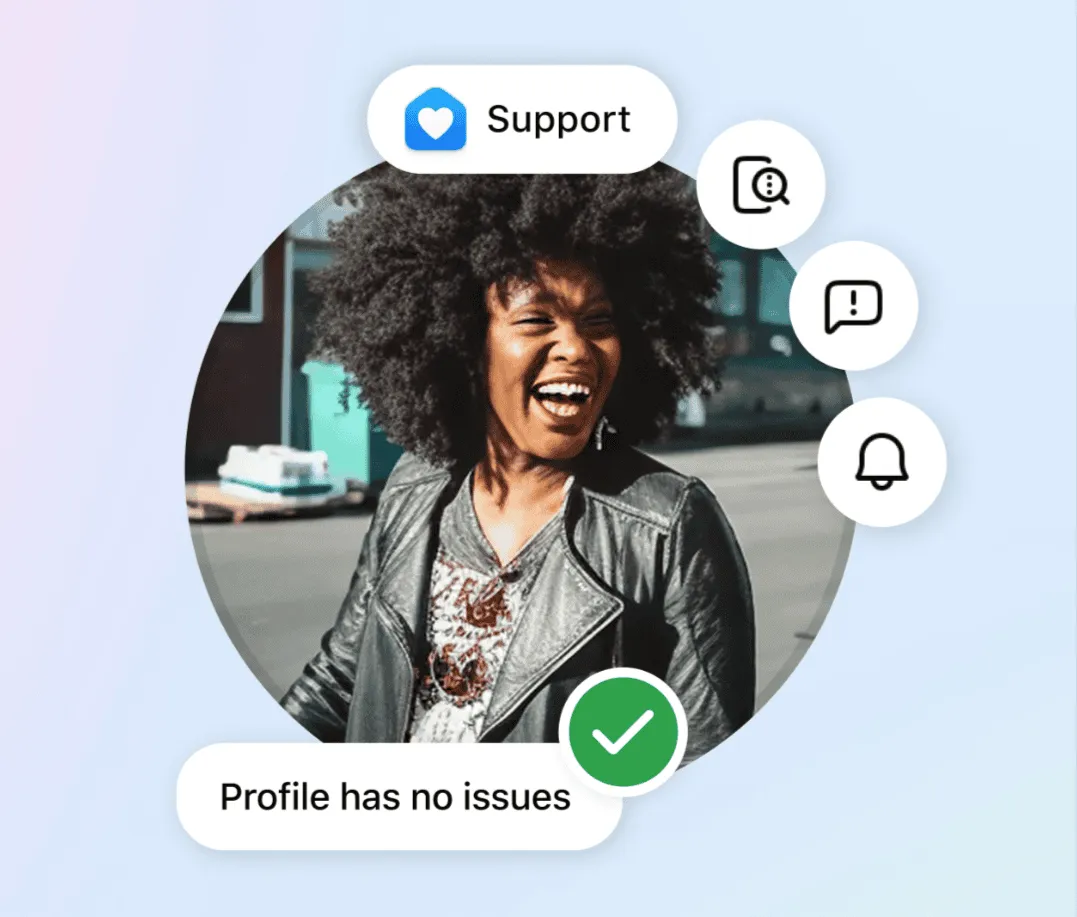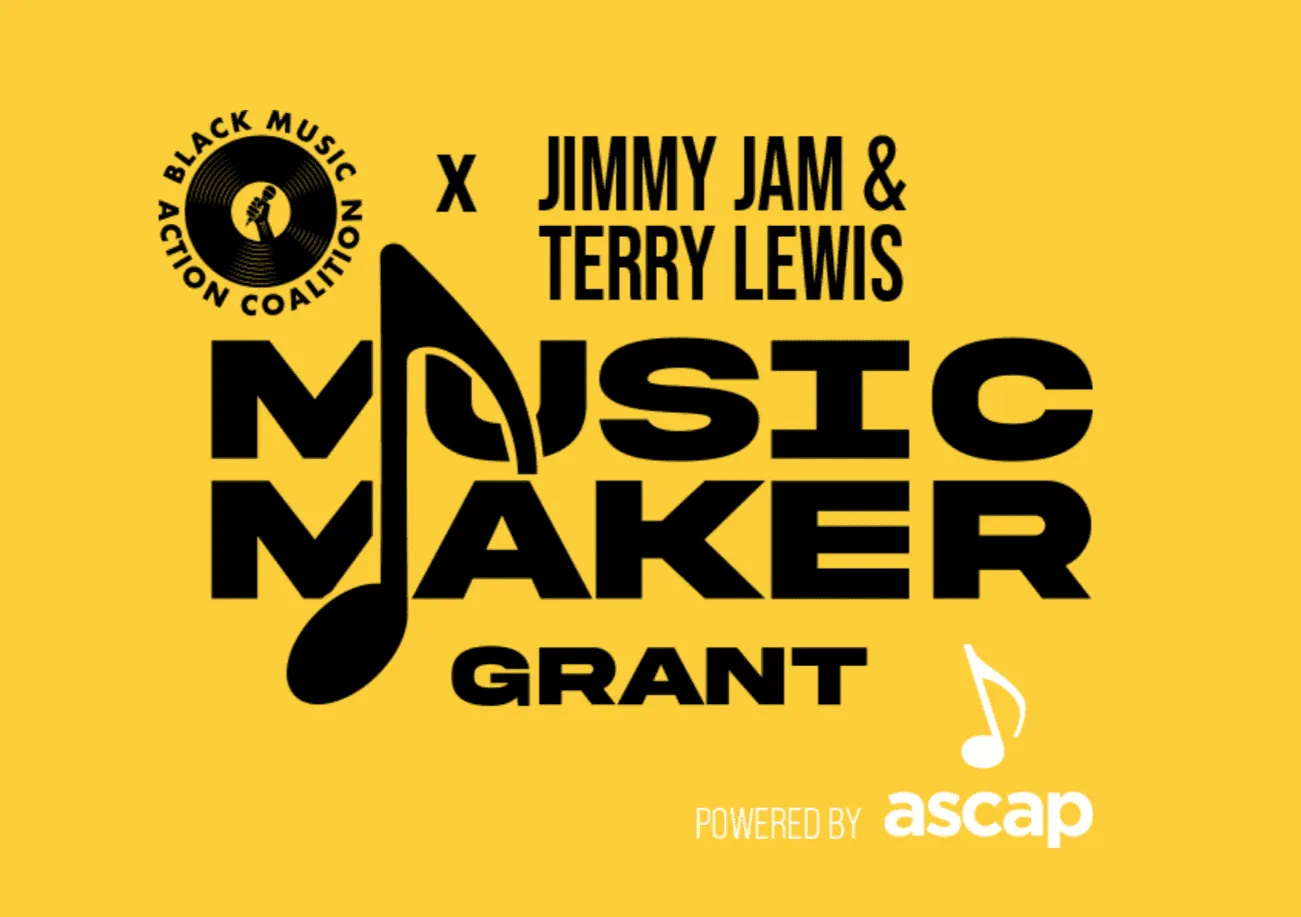Recently, I spoke with Paige X. Cho, who is the Administration and Promotions Manager for digital distributor Valleyarm during business hours, and a freelance music writer and marketing consultant for bands at night. She's also recently started up Melbourne music blog Paper-Deer to fulfill her obsession with the local talent in her adopted city. In this interview Cho talks about Seth Godin's Meatball Sundae concept, how some artists are too shy about their use of social media while others are too aggressive, and storytelling in music.
Do bands confuse the use of social media and networks—in that, their engagement, looks much more like a sales pitch—and how does this behavior relate to Seth Godin's Meatball Sundae concept?
Cho: Yes, I would definitely say that there are a number of bands that get confused when faced with social media, and turn their online presence into an extended sales pitch. I suppose lots of bands set up their social media because they feel they “have to” but don’t quite understand the benefits of using them to set up meaningful relationships with fans over time rather than once-off, immediate sales pitches. But honestly, spamming your fans and followers walls with hundreds of updates to sell tickets is just plain annoying and just looks cheap.
Seth Godin’s meatball sundae concept can most definitely be applied to this over-the-top sales-pitch band behavior. The meatballs in this case are the band’s music, performances and merch (and for some bands, their image and reputation). The whipped cream, chopped nuts and cherries are the growing array of social media tools designed to help bands get themselves plastered all over the internet. These tools can help bands. MySpace is a free platform for bands to stream music, Facebook is an excellent way to invite people to gigs and things like Big Next Sound can help figure out how your stats are looking. Separately music and new media are both excellent, and if used with subtlety and some common sense are fantastic for building fan relationships, developing the band’s brand and getting messages out there. But with the way that some bands use these marketing tools result in something disgusting and ineffective – like meatballs with sprinkles.
How would you characterize the dichotomy between bands that are too proactive about their use of online tools and tend up over doing it verses those bands that are too shy to actively engage in marketing themselves?
Cho: These are just gross generalizations, but bands that are a little excessive and a tad too proactive with their online marketing tend to over-do things. These are the bands that make every tweet, blog and Facebook update related to something that ends up in their wallet. These bands can also sometimes mistake stats for success in the real world. Having thousands of followers doesn’t mean much if these aren’t genuine fans and there isn’t any real connection. Compare this to the idea of 1000 true fans – having a smaller number of truly interested and willing followers who will actually turn up at shows and download your music means so much more. These are the bands that fall prey to meatball sundae marketing tactics.
On the other hand, we have an army of bands that fall under the too-embarrassed-to-promote-themselves category. They use excuses like “Kurt wouldn’t have tweeted” or just don’t understand how social media works. While perhaps not every musician should tell people what they had for breakfast (especially if mystique is part of their image), it wouldn’t hurt if people truly interested have ways to contact you and follow up. Being underground may be cool, but it’s no use if venues can’t even contact you because there is no listed email on your MySpace.
I suppose both extremes are just as bad as the other is. In the long-term, being too proactive with sales pitches or trying to remain as offline as possible don’t help create career bands. These bands need to focus on creating meaningful two-way relationships with fans, with the goal to turn these into offline relationships.
How has the emergence of the social web enabled bands and music marketers to engage in more multi-faceted story-telling and complex narratives that traditional media outlets allowed in the past?
Cho: Most definitely, but only a few bands are using this to their advantage. In the past, bands were at the mercy of media outlets. You only really had a few chances to send out press releases with a flat story, and whether it actually got coverage was a whole other issue.
With the internet, bands can craft really elaborate branding strategies and multi-faceted storytelling to back up their image. Being able to directly communicate to fans without a censoring middle man (the press) bands can send out unadulterated stories to their fans and can target their messages to their audience (e.g. newsletters that give show updates depending on the post/zip code provided with the email). It’s easy for bands to promote every gig and release to a larger audience then it was with traditional media.
I suppose this related to the whole idea of not going overboard with promoting single gigs and releases. Bands should focus on creating stories about themselves and developing relationships with fans. But then obviously there has to be good music and solid performances for all of this to work!




